EM@3AM: Brainstem Strokes
EMDocs
MAY 11, 2024
We’ll keep it short, while you keep that EM brain sharp. A 74-year-old female with a past medical history of hypertension, diabetes, recent basilar artery stent placement with a 20 pack-year smoking history presents to the ED via EMS for altered mental status and episodes of apnea. Vital signs include BP 168/89, HR 96, T 98.3,



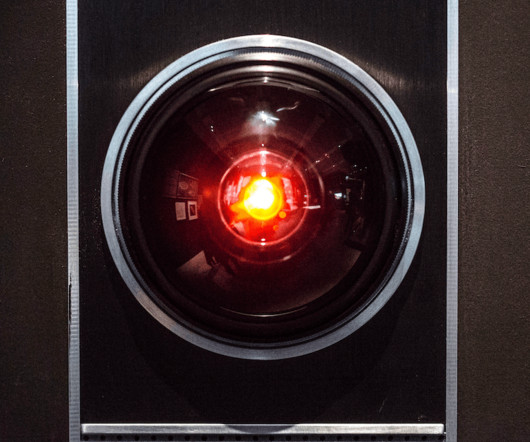

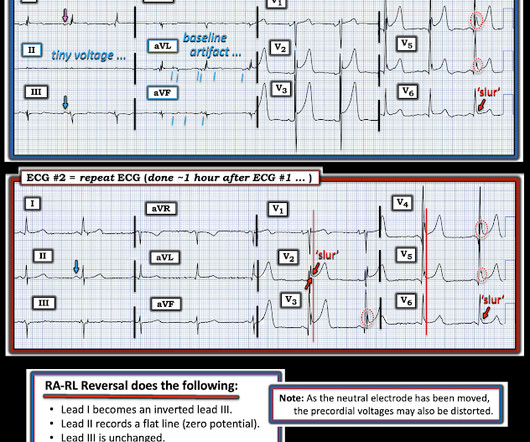





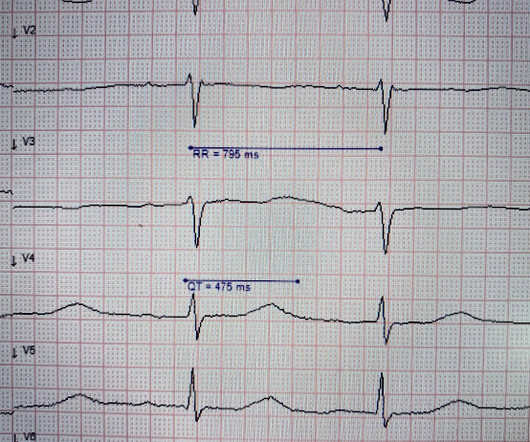




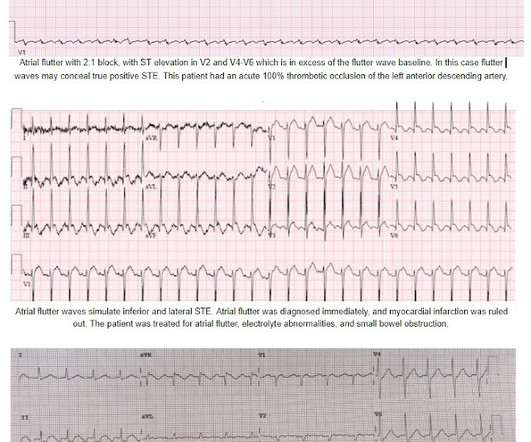



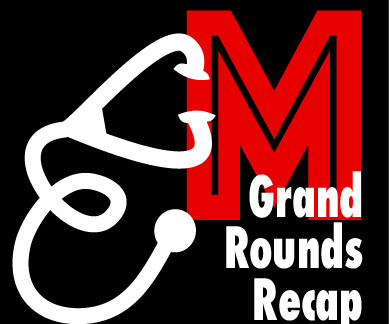



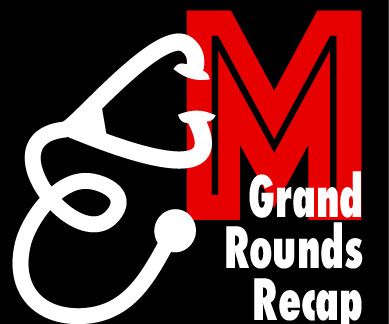






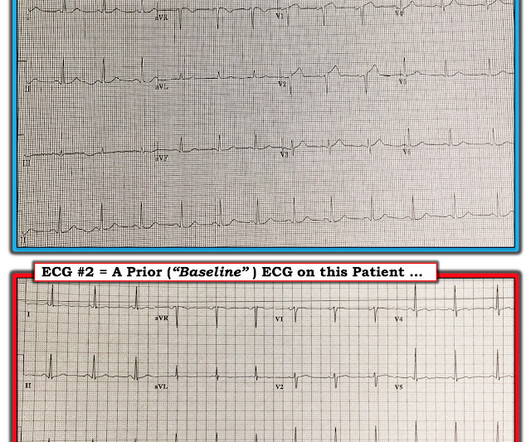











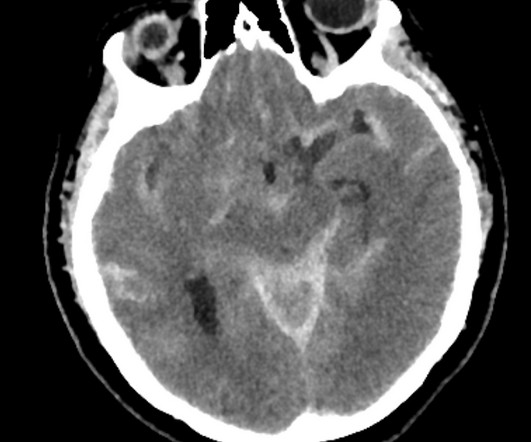







Let's personalize your content